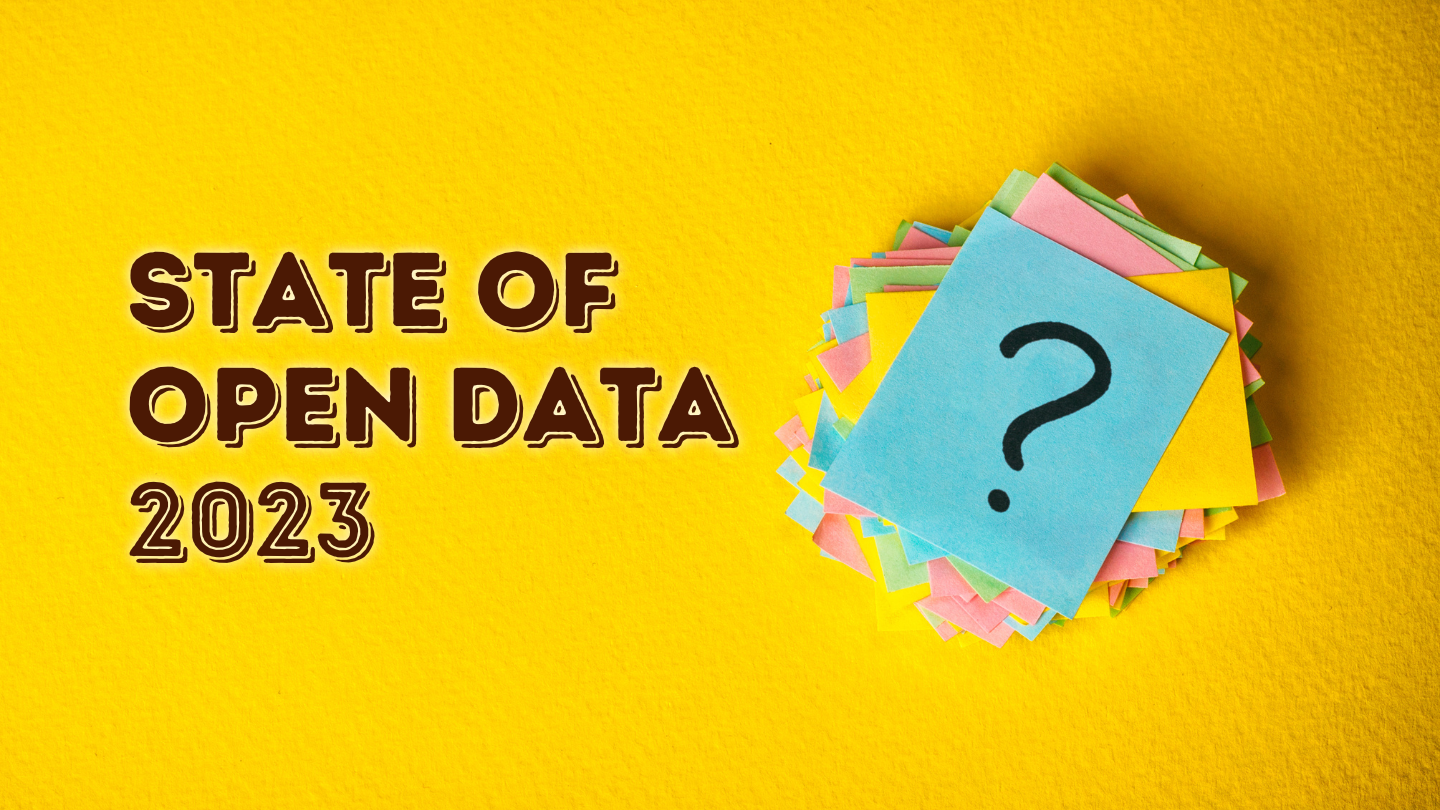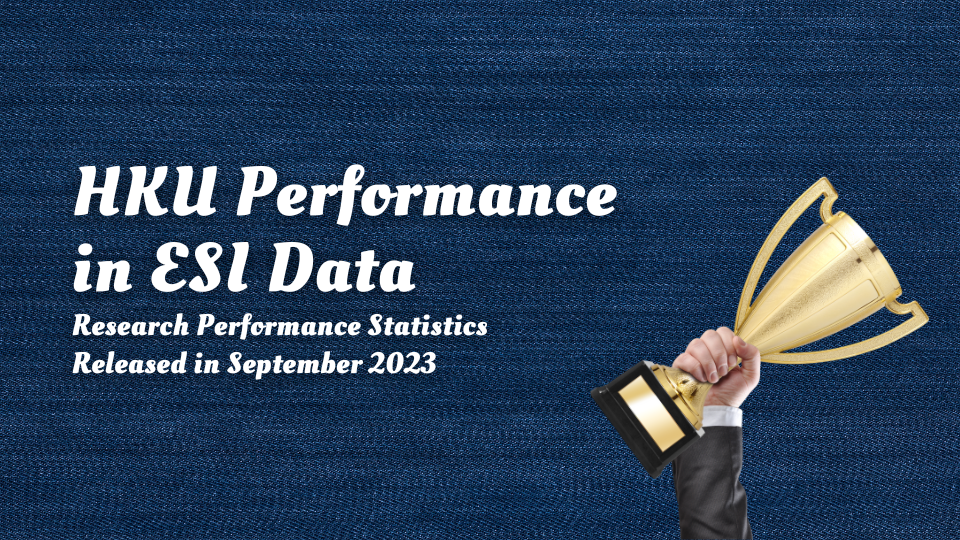
State of Open Data 2023: Nuanced approach, readily available support, and AI awareness
— by Chloe Ng
Conducted by Digital Science, Figshare and Springer Nature, the State of Open Data 2023 survey was carried out in June 2023, collecting a total of 6091 valid responses from researchers who had published or submitted a manuscript to a journal within the last 5 years worldwide. Respondents represented diverse geographical regions, fields of interest, and career stages.
This blog post highlights the key insights from the State of Open Data 2023 report.
1. Attitudes to various Open Science concepts
Open Science involves various movements aiming to remove the barriers against sharing any kind of output, resources, methods or tools, at any stage of the research process. In the survey, respondents were asked whether they agree that certain practices should be common scholarly practices. Most respondents agreed that “making research articles open access should be common scholarly practice”. Following this, “making research data openly available” also garnered significant support. Open peer review and publishing pre-prints received comparatively less agreement from the respondents (Digital Science, 2023).
Figure 1 – To what extent do you agree/disagree that the followings should be common scholarly practices?
2. Motivations for sharing data openly
Authors can reap numerous benefits from sharing their data openly. The survey unveiled that the three most significant driving factors were the citation of research papers, full data citation and increased impact and visibility of research (Digital Science, 2023). The bar chart below presents the top 5 motivations for sharing data.
Figure 2 – Which of the following circumstances would make it more likely that you would share your data publicly?
3. National mandate on open data
The opinions on open-data mandates were also examined in the survey. Most of the respondents (64%) were supportive of the idea of a national mandate for making research data openly available. Only a small proportion (11%) were against open-data mandates at the national level (Digital Science, 2023).
Figure 3 – Thinking about the country in which you are currently working, how supportive are you of the idea of a national mandate for making research data openly available?
4. Institutional support for data curation
While the idea of open data was generally welcomed by most respondents, we see a gap between the concept and its implementation. The survey indicated that only 43% of respondents had heard of the concept data management plan (DMP). Moreover, among those who had ever created a DMP, nearly half did not have access to any support with planning, managing and sharing research data from specialist data managers or data curators at their institutions. Among the major sources of support as illustrated in the figure below, more respondents received support from their departments than from labs or libraries (Digital Science, 2023).
Figure 4 – Do you have access to support from specialist data managers / data curators at your institution?
5. Use of AI in data management
The rapid advancements in Artificial Intelligence have presented both opportunities and challenges of using these tools in everyday work to researchers. Yet, as of 2023, only a small portion of researchers had actively explored the use of AI tools for data collection, analysis, and annotation (Digital Science, 2023). We anticipate witnessing a growing trend in the utilization of AI in coming years.
Figure 5 – Are you using ChatGPT or similar AI tools for data collection, processing or metadata creation?
The State of Open Data 2023 report provided valuable insights into the most recent trends in open data and open science. Read the full global report: https://doi.org/10.6084/m9.figshare.24428194
Focusing on Open Data in China, a white paper was jointly released by Computer Network Information Center of Chinese Academy of Sciences (CNIC), Springer Nature, Figshare, Science Data Bank and Digital Science. Read the full China report: https://doi.org/10.6084/m9.figshare.24638301
Research Data Services at HKU Libraries
The HKU Libraries also offers support services and resources in managing research data for staff and students. Check out the followings:
- DataHub – the institutional data repository for storing, citing, sharing, and discovering research data and all scholarly outputs produced by HKU scholars and students (https://datahub.hku.hk/)
- Guide on DataHub (https://libguides.lib.hku.hk/researchdata/datahub)
- Guide on research data management (https://hub.hku.hk/researchdata/rdm.htm)
References
Digital Science, Hahnel, M., Smith, G., Schoenenberger, H., Scaplehorn, N., & Day, L. (2023). The State of Open Data 2023. https://digitalscience.figshare.com/articles/report/The_State_of_Open_Data_2023/24428194
Digital Science. (2023). State of Open Data Survey 2023 additional resources. https://doi.org/10.6084/m9.figshare.24517123.v1


